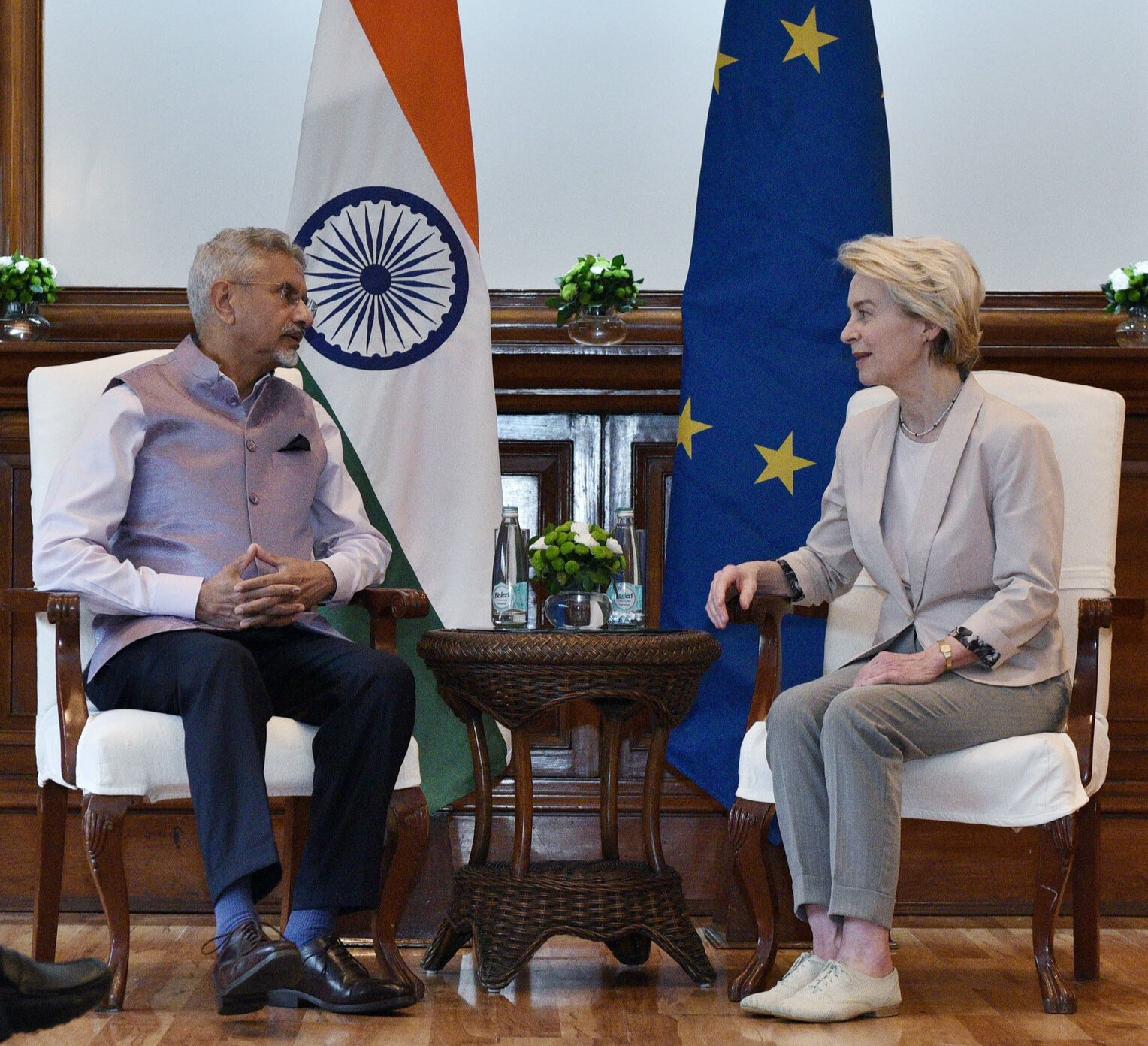Foreign Minister S. Jaishankar, rightly and unapologetically, reminded the European Union of something India has long wanted the West to understand but has rarely voiced so bluntly: India is looking for partners, not preachers. His comment came in the wake of the barbaric Pahalgam massacre in Jammu and Kashmir—a chilling reminder that the fangs of Pakistan-sponsored Islamist terror are still very much alive. Let’s make one thing crystal clear: India does not need sermons on human rights or restraint from nations that have themselves bled from the horrors of radical Islamic violence. From the Charlie Hebdo massacre and Bataclan bloodbath in France, to the Berlin Christmas market attack and the Manchester Arena bombing, Europe has paid dearly for its complacency and open-border naivety. And yet, when India chooses to strike hard at the roots of terror growing across its borders, some in the EU are quick to don moral robes and wag their fingers. Hypocrisy, much? The Pahalgam attack, orchestrated with chilling precision, bore all the hallmarks of ISI-backed infiltration. The NIA’s ongoing probe and intercepts have confirmed the presence of terror launchpads along the LoC—many freshly activated to disrupt the slow but steady return of normalcy in the Union Territory of Jammu and Kashmir following the abrogation of Articles 370 and 35A. This is no coincidence. It is part of Pakistan’s long-standing playbook: bleed India by a thousand cuts, using proxy jihad to subvert peace and stall development. India has every right—moral, legal, and strategic—to neutralize these threats at their source. And that is exactly what Indian security forces are doing. There is no ambiguity in the mission: sanitize the border, eliminate the infiltrators, and send an unmistakable message to Rawalpindi’s terror architects—you will not succeed.

And no, this is not a case of India flexing its muscles or going rogue. This is self-defence. This is a sovereign nation protecting its civilians, its territory, and its right to development. If anything, India’s proactive stance sets a global example. For too long, democracies have pussyfooted around the ideology of jihadism, afraid to name it, let alone fight it decisively. India isn’t just fighting its own battle—it’s also helping safeguard the world from a toxic ideology that recognizes no borders and obeys no law but its fanaticism. Let’s also credit the remarkable restraint shown by Indian forces in distinguishing between terrorists and civilians, despite facing daily provocation. But when restraint is interpreted as weakness, action becomes inevitable. And in the post-370 era, India is finally reclaiming both narrative and control in Kashmir. Schools are open, investments are flowing in, tourism is booming, and the Valley is inching toward a new dawn—one that Islamabad’s generals and their jihadi pawns cannot digest. So, to the EU and other self-appointed custodians of world morality: spare us the lectures. If Europe truly wants to be a partner, it should unequivocally back India’s war on terror, call out Pakistan’s duplicity, and stop mollycoddling its “strategic” ally under the guise of diplomacy. Terrorism isn’t “local” anymore. Every act of appeasement emboldens the next attacker—whether in Mumbai, Paris, or New York. India has learned this the hard way. We’ve buried our dead, rebuilt our cities, and rearmed our resolve. We won’t kneel. We won’t back off. And we most certainly won’t be dictated to by those who themselves failed to act in time. India isn’t asking for permission. It’s asking for solidarity. And if that’s too much to expect, at least have the decency to stay out of the way.




